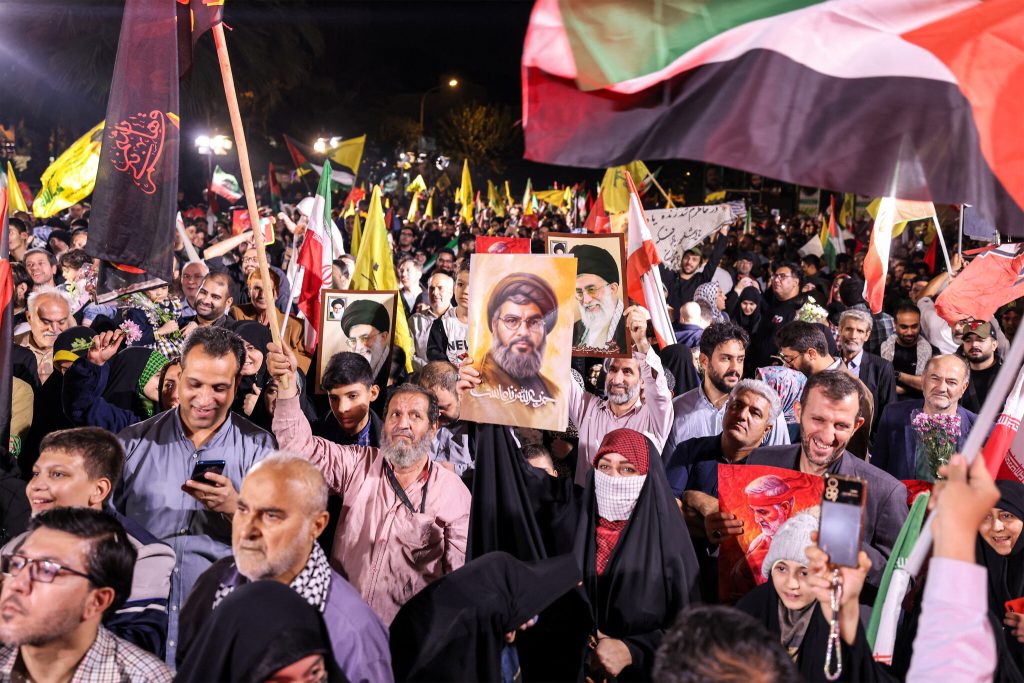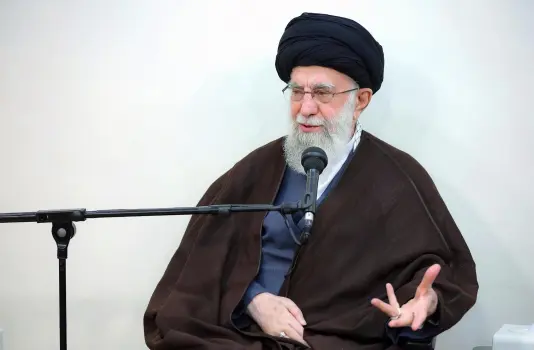Iran’s Revolutionary Guards issued a stark warning on Tuesday, threatening “crushing attacks” on Israel if it responds to the latest Iranian missile strikes. The Islamic Revolutionary Guard Corps (IRGC) claimed responsibility for the attack, stating that it was a defensive response to a violation of the sovereignty of Iran, following the killing of Hamas leader Ismail Haniyeh in Tehran in July.
“If the Zionist regime reacts to Iranian operations, it will face crushing attacks,” said the IRGC in a statement carried by Fars news agency, emphasising that the strikes were conducted “in accordance with the United Nations Charter.”
The IRGC reported that its missile strikes targeted three military bases near Tel Aviv, as well as air and radar installations, asserting that 90 per cent of the missiles hit their intended targets.
In a further warning, Iran’s armed forces cautioned against any direct military intervention in Israel’s defence, stating that any foreign interests in the region would also come under attack.

Iranian Foreign Minister Abbas Araghchi declared that Iran’s operation was complete unless Israel invites further retaliation.
The United States had earlier issued a warning about an imminent Iranian ballistic missile strike on Israel and cautioned Tehran of severe consequences if it proceeded with the attack.
Iranian President Masoud Pezeshkian praised the country’s response to what he described as Israeli aggression. Iranian state television aired footage purportedly showing missiles being launched towards Israel, with celebratory images from Iranian cities like Mashhad and Tehran, where crowds waved Hezbollah flags and carried portraits of the late Hassan Nasrallah, the Lebanese group’s slain leader.
This latest attack marks Iran’s second strike on Israel in 2024, following an April missile and drone assault in retaliation for an Israeli airstrike on Iran’s Damascus consulate. Nearly all of the drones and missiles in that attack were intercepted by Israeli forces.
Tensions in the region continue to escalate as pro-Iran groups in Lebanon, Iraq, Syria, and Yemen have become increasingly involved in the conflict, raising concerns of broader regional instability.


